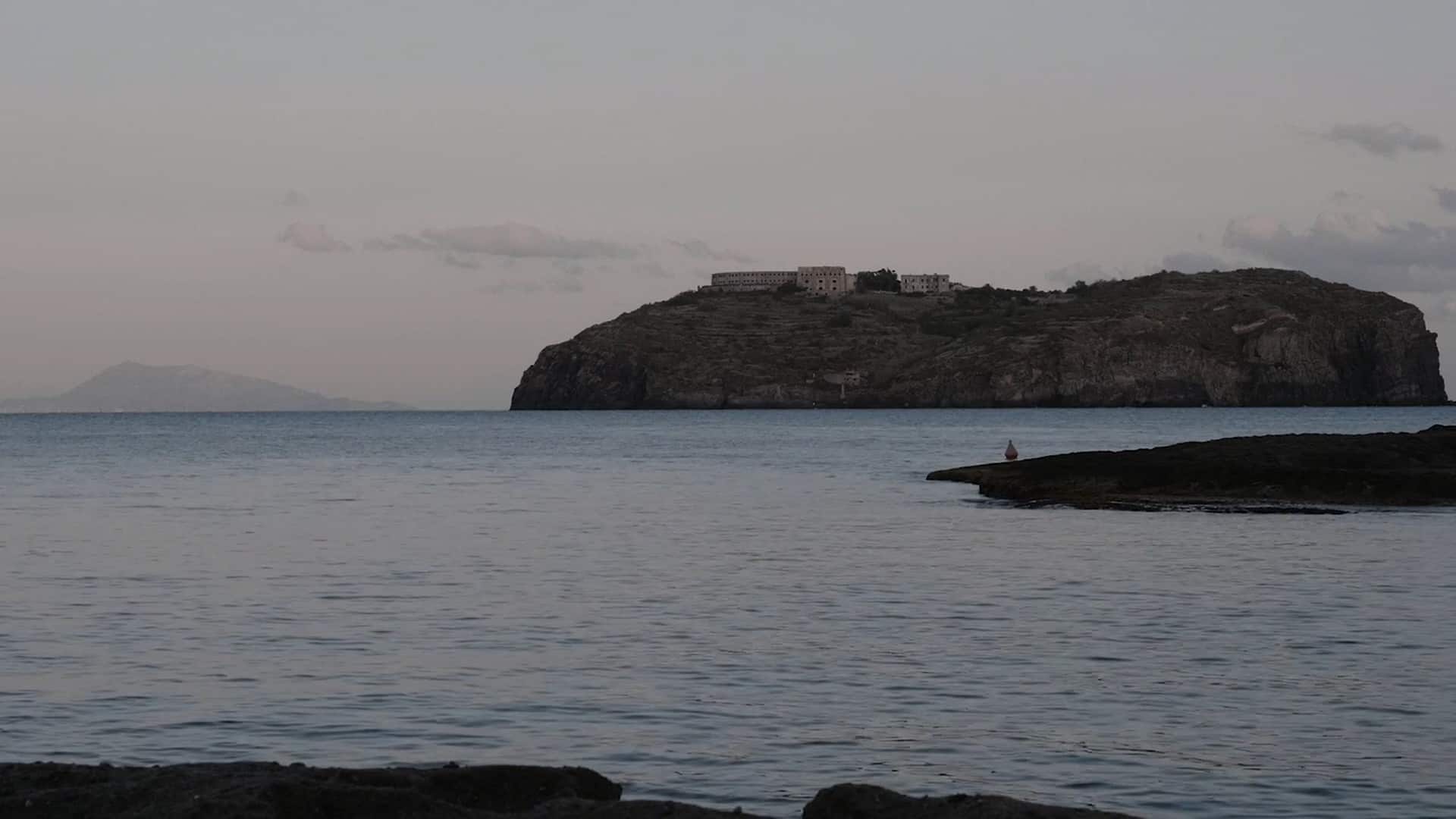
by Roger Casale
Founder, Secretary General & CEO, New Europeans
23rd May 2020
This article was first published by Euractiv.
It is time to rebuild the EU on the foundations set by Ernesto Rossi and others, writes Roger Casale.
It is hard to escape the impression that we are witnessing the death of the old and the birth of the new in the global response to Covid-19.
Ernesto Rossi, Italian anti-fascist and co-author of the Manifesto of Ventotene would not have felt out of place against the background of such epoch-making changes.
Born in 1897, he served in the First World War, and later went on to become a leading critic of the Mussolini regime. He spent nine years in prison on the mainland, followed by four year “in confinement” on the island of Ventotene, near Naples.
It was on Ventotene that Rossi, Altiero Spinelli, Eugenio Colorni and others wrote the text which first called for a free and united Europe after the second world war.
The Manifesto of Ventotene has had a powerful and lasting impact on post-war Italian democracy as well as on the movement for European unity. As late as 2016, Italian Prime Minister Matteo Renzi chose Ventotene as the symbolic backdrop for a summit with his counterparts Angela Merkel and Francois Hollande to relaunch the European ideal in the wake of the UK referendum.
Less attention has been given to the man Ernesto Rossi himself, to his values and aspirations. Pro- Europeans can take much inspiration today not just from the manifesto itself but from a study of the life of Ernesto Rossi and his fellow partisans for Europe and from the experience of the wartime resistance in which the roots of the movement towards European integration are firmly grounded.
A documentary called The Words of Ventotene (Ethnos) addresses this shortfall. Shot on location in Ventotene, while also making extensive use of archive material, the film explores the life and the legacy of Ernesto Rossi from the perspective of today’s generation of young Europeans.
Rossi’s humour, love for life and hard-wired irreverence towards the fascist authorities are strikingly brought out with the help of the puppet Fagiolino (Little Bean). In the Italian tradition of puppeteering (inherited from his quick-witted and comedically gifted mother), Rossi was sometimes able to find a way to talk about the taboo subjects of his day.
At a time when women had no place in public life, in a period when men faced long prison sentences for speaking out against the regime, puppets often allowed words to be said which otherwise would have to be silenced. Words such as ‘united Europe’, ‘freedom’, ‘democracy’. In fact, there could be a new role for Fagiolino in Hungary today.
Rossi believed that Europe had to be united as a democratic federation in order to guarantee the rights and freedoms of citizens. That vision has a strong contemporary resonance as Europe responds to the Covid-19 crisis.
To mark the launch of the English language version of The Words of Ventotene, the filmmakers Ethnos, in partnership with New Europeans and We Belong have organised ‘The Call to Europe’ a three day multi-media programme of events including three online discussions about the legacy of Ernesto Rossi, Altiero Spinelli and the group of remarkable European partisans who co-authored the Manifesto of Ventotene.
‘The Call to Europe’ focuses on cascading the spirit, energy and vision of Rossi and his fellow prisoners on Ventotene across the generations. The aim is to energise the fight for the universal values that underpin the European project and enrich the debate about the future of Europe today.
Ernesto Rossi would have recognised in these initiatives, as well as in the work of the many NGOS involved in projects fighting for a citizens-led future for Europe, such as Citizens Take Over Europe and Europe Future Fringe, the same vision to make Europe work for all.
For Rossi, the creation of a united Europe was not some kind of romantic pipe dream – it was an absolutely necessary condition for safeguarding the rights of citizens. Similarly, this conviction was not the product of an abstract theory or ideology – it was a direct consequence of his lived experience of fascism and the second world war.
In the same, way, our experience of the Covid-19 crisis today should drive us towards a more united Europe as the only way to safeguard our health, our security, our rights and our freedoms. That is our ‘call to Europe’.
Too often today, a resurgent nationalism succeeds in characterising the EU falsely as the oppressor. In fact, it is only as result of European integration that we have been able to banish war between member states, consolidate democracy in so many parts of Europe, and create (however imperfect and still incomplete) a much safer space for human rights.
That vision, of a Europe united, democratic and free is what drove on European partisans like Rossi and Spinelli. Today, inspired by their example, we must become partisans of Europe again – freedom fighters, radical democrats, energetic defenders of the rights of all Europeans, and all who live in Europe, from the refugee camps of Lesvos to the law courts of Poland and the prisons of Hungary.
If the European Union is not able to show it is able to protect the rights and safeguard the interests of all, then it has no purpose. And an organisation that has no purpose, has no future.
The road to Europe is an open one and there are many setbacks along the way. But the new Europe that awaits us, and which builds on and must consolidate the foundations laid by Ernesto Rossi and his companions, must be one in which each and every one of us can say “We Belong.”
The Words of Ventotene, a documentary about the life of Ernesto Rossi, had its web première on Friday, 22 May and is available for streaming at this link.





